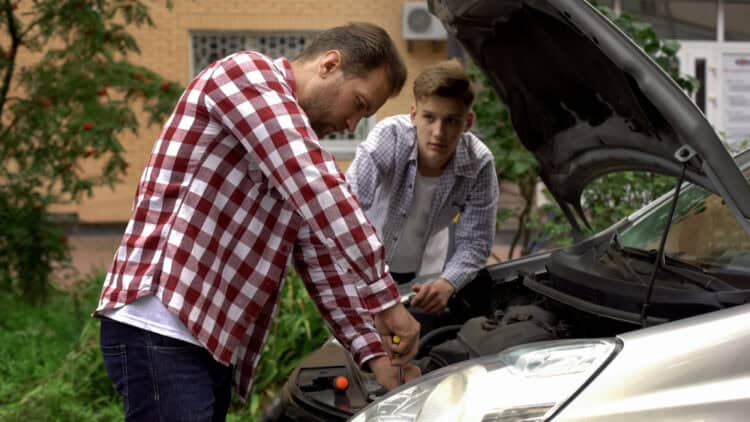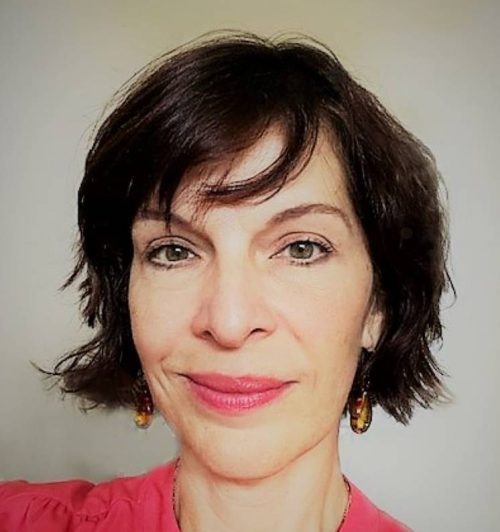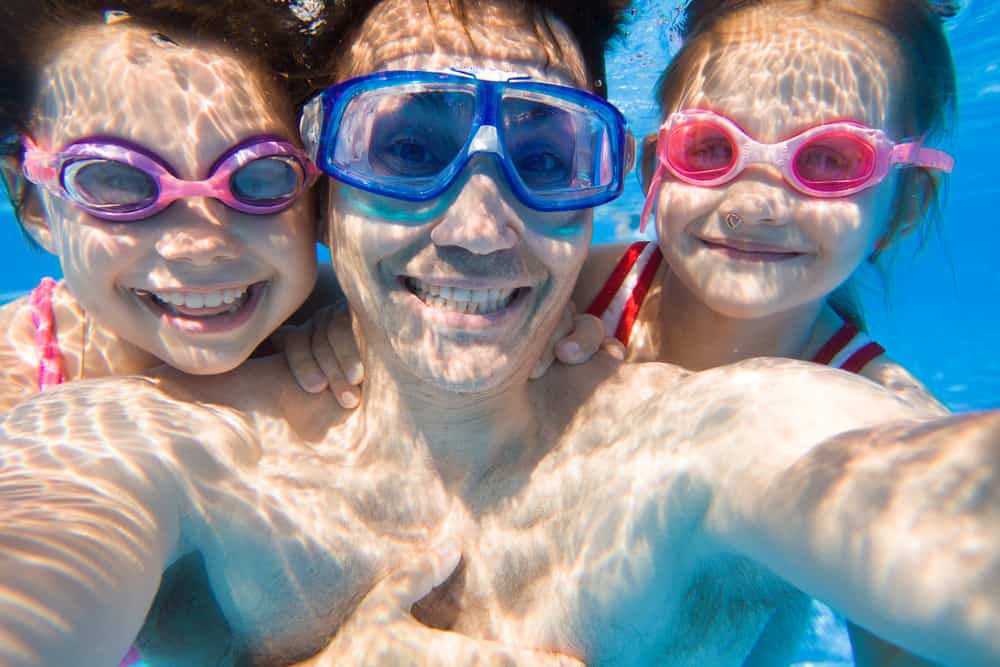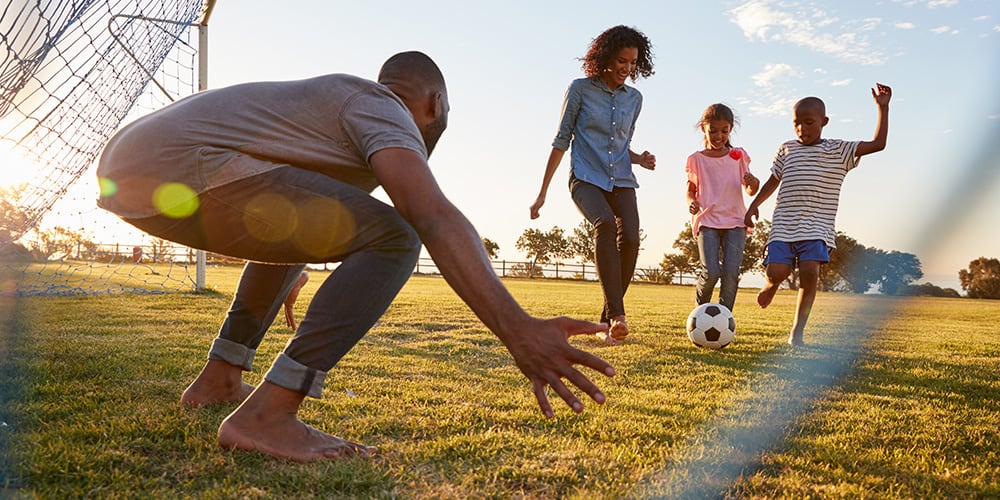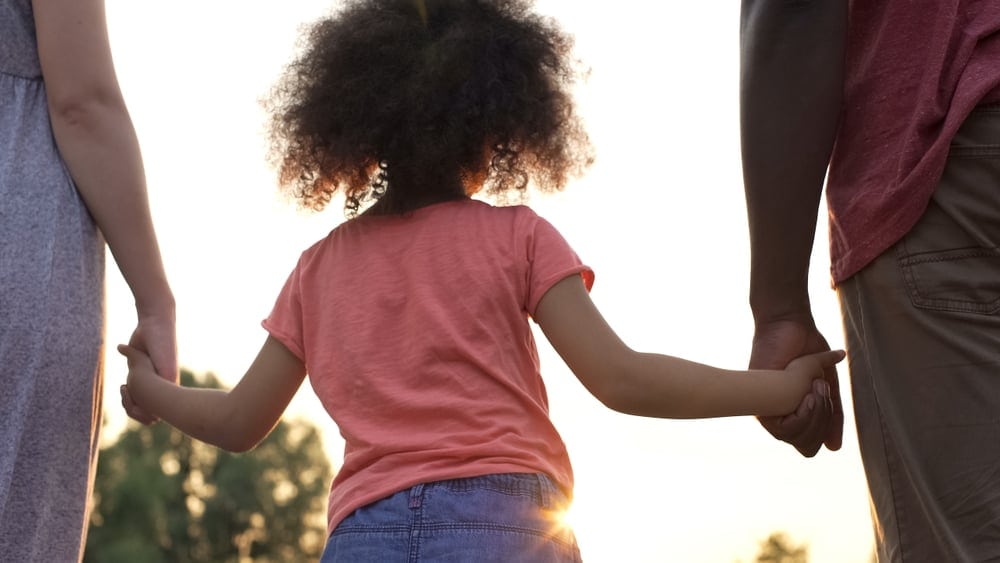If your ex is out of the picture, not only are you doing double duty as a parent and role model, but it’s also important to recognize that, try as you might, you can’t do it all. You are your child’s primary, irreplaceable role model, but you literally cannot be two parents or offer your child an alternative perspective to your own. While I am gravely offended by the banal argument of “the two-parent privilege,” I will acknowledge a small kernel of truth in two obvious aspects of this mostly unremarkable ideology: 1) single parenting is hard, and 2) a child benefits from additional support.
For those adults with a positive, constructive, and collaborative relationship, married or not, having a partner can make the sailing a lot smoother for parents and kids. Duh. But when you simply don’t have a partner and you need the outside support or influence of another adult, being a single parent doesn’t need to be a disadvantage. And you don’t have to go it alone.
There are ways to find positive, trusted role models that help bridge the gap in beautiful ways.
The many real-life influencers in your child’s life
Finding positive role models in a world seemingly dominated by “influencers” is a challenge for any parent. And if you are a single parent with an absent or uninvolved ex, setting up this support system is just another important thing that is yours alone to figure out.
Outside of the consumer-oriented influencers of social media (which are a topic in and of themselves), there are other varieties of influencers your child will encounter in life.
In a 2022 study by the Penn State College of Medicine, influencers are defined as “someone whose behaviors or values affect the behavior of (an) adolescent.” Variations of influencers in the study included role models, mentors and heroes. Whatever category they might fall into, almost anyone can influence a child’s life, whether it be a parent, family member, family friend, peer, teacher, neighbor, coach, celebrity, athlete or (gulp) political figure.
As parents, we try to guide our children toward positive influences, steer them away from negative influences, and teach them how to figure out that difference for themselves as they grow and encounter new people. For me, as a single parent, instilling that ability in my son at a young age felt important since he needed to be in daycare, after-school care and summer camp during the full-time, year-round hours of my workday. And it was through those very situations that my son and I discovered opportunities for good role models.
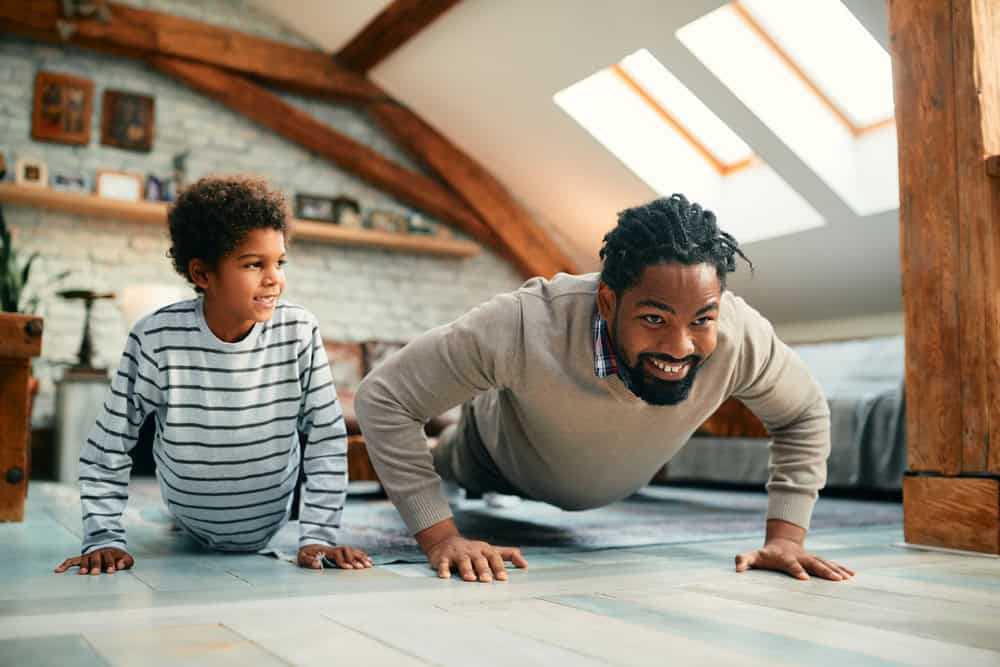
The village is real – and role models live there
Hilary Clinton certainly didn’t create the phrase, but when she shared her variation of an African proverb, the idea of it “taking a village” to raise a safe, happy and healthy child became mainstream in America. She was giving voice to something a lot of parents already knew in their gut.
I felt this more than a decade ago when I dropped off my two-year-old son for daycare in the morning, and he ran happily toward the other children and the adults who were keeping him safe and happy. Now that he’s a teenager, I still feel this when he runs excitedly onto the soccer field or gets up on the stage for the school play.
Every one of the people teaching him — academically, athletically, artistically and socially — contributes toward his happiness and well-being. Every one of them can influence his behavior, confidence, compassion and worldview. How does he know which influences are positive? We talk about it.
Where I found the most important male role models
At some point, it won’t be my job to find role models for my son. He’ll be 14 soon, so as his social world expands, he’ll set his sights on his own influencers, mentors and heroes. But from his very first preschool “Donuts with Dad” event, it’s been my job to make sure he didn’t feel a lack in his life. That day, my three-year-old boy had five grown men escort him into that pastry-filled gym. That mixed feeling of pride, safety and happiness is the one I want him to have every day of his life.
Family
Of course, this is an obvious source of role models, good or bad. I happen to have four incredible brothers, so the loving men were there from the start. As a mom, I made sure my son knew all about each uncle and why they were special, what made them good people, and why I loved them so much. Talking with my son about the values, abilities, passions and commitments of the men in our family — as well as their obstacles and challenges — helped open the conversation about what a positive role model is and how to spot them.
I arranged for guy time for my son with one or more of his uncles, and I took a step back while they did their thing. If my son had a rough day or I needed help explaining guy stuff, I might call up one of my brothers and ask them to help talk him through it. I encouraged the relationships.
Today, my son makes those calls on his own. He is very close with my brothers and knows he can rely on any one of them. That safety net he has is precious to me, and I let my family know it. It’s important for family to know how much that connection really means. If you don’t have a brother, this same idea can apply to any person known to you that you trust implicitly.
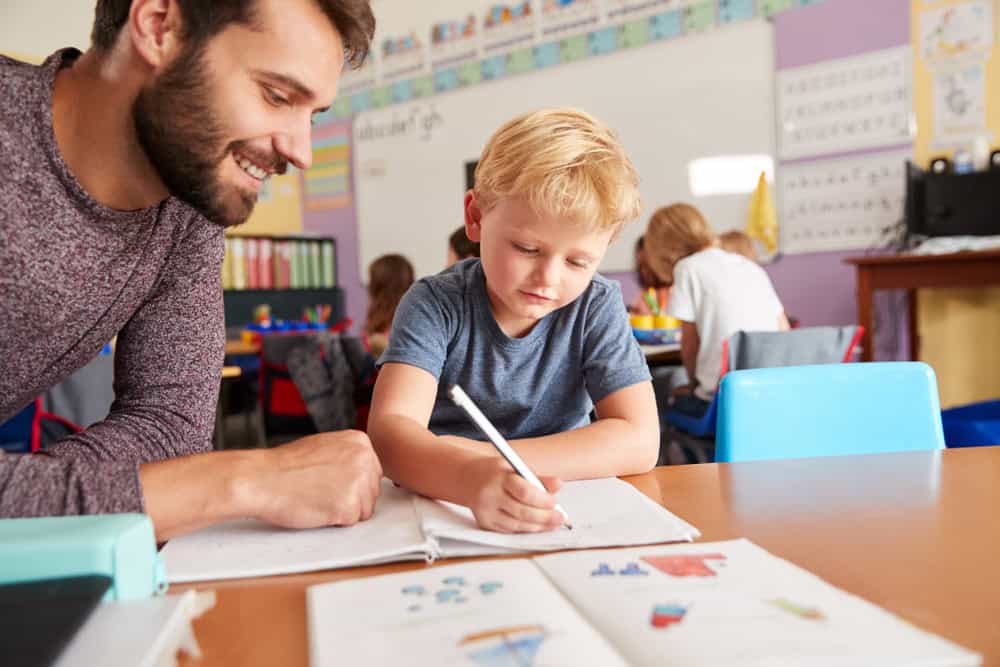
Teachers and coaches
As a working parent, the trusted adults who care for my child are my heroes, so I have always shared that sentiment openly with my son. Most days, the combined team of teachers, aides and coaches spent more waking hours of the day with my boy than I did. While I don’t have the time to take a PTA role or be an assistant coach, I show up regularly, pitch in when I can, and express my gratitude often.
I encourage my son to talk about the adults in his life and tell me what they are like. Not every adult he encounters is a role model, but all of them influence his world, so I like to know how he feels about them and why some acquire mentor status. The reasons vary and have included someone having his back, making him laugh, being really smart, or reassuring him when he fails. All positive, constructive things. Talking about his world in this way often leads to a conversation about his own values, identity, and perceived role in the world.
Don’t forget the peer group
Social connections with friends are paramount for kids, even more so for children who have experienced the pandemic world. As adults, we all know how much influence friends have had on our lives. For my son, the ups and downs of friendships were things we talked about. He talked about who was a good friend, and who was a bad friend, and it gave me the chance to explore the differences with him.
I hope my son’s openness with me about peers will continue, but if it fades during teen life, I’ll have some peace of mind knowing we have covered this stuff. (And I’ll keep trying.) As the National Institutes of Health reminds us, there are a lot of benefits to a strong peer group, including opening up your child’s world to ideas beyond those of your family, developing empathy, learning group dynamics and gaining healthy habits.
You lead the way to positive role models
All in all, I realize that most of the role model picking can’t happen without a foundation: one that, for me, began with talking to my son about the people in our life. Through those relationships and our talks, we explored the topics of conscience, empathy, compassion and commitment. We discussed how to get through a tricky situation, ask for help when we fall, and accept others and ourselves. What I have seen grow in him is confidence and belief in himself.
As single parents, we can help promote the role models we know are there: family, solid friends, good neighbors, and other trusted adults. We can nurture those relationships to help develop our child’s moral, emotional and physical safety net.

